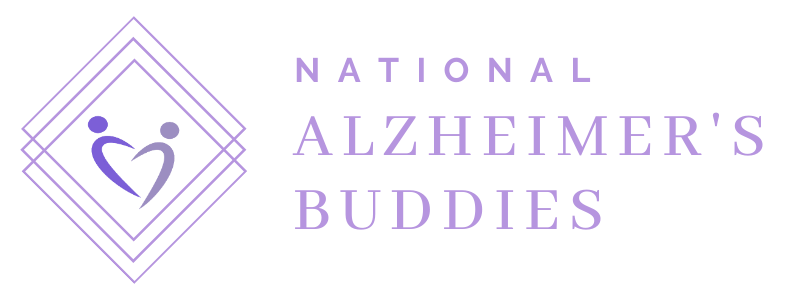Yesterday was a flurry of excitement--the bright spot of the day amid a rainy day was the 3rd Harvard College Alzheimer’s Symposium! It was so incredibly rewarding being on the planning committee and watching the event slowly take place. Approximately 80 people joined us to discuss and learn about Alzheimer’s disease and the intricacies within it: the audience consisted of students (from chapters all across the nation), caretakers ranging from those in senior living centers to family members, scientists, and more.
Some incredible highlights from the event which took place from 10AM- 3PM included Meredith Vieira, talks by Dr. Phyllis Hersch and Dr. Scott McGinnis, and the coming together of chapters across the globe.
Meredith Vieira moderated the event--she was an amazing speaker, and it’s no surprise that she was a reporter for The View and Today. She was personally impacted by the disease: her father and brother both developed it, and HCAB is so fortunate to be able to have her at the symposium--for the third time! Here, she helped facilitate communication between the audience and key speakers: Dr. Phyllis Hersch and Dr. Scott McGinnis who spoke about caretaking for those having Alzheimer’s disease and Alzheimer's disease research, respectively.
Dr. Phyllis Hersch gave a moving talk centered around taking care of her husband who had Alzheimer's disease and passed away five weeks ago. Here, I found myself understanding more about not just the disease, but also human nature: everyone wants to feel special and needed. That is truly what makes the Alzheimer's Buddies program so special--the elderly feel like they have a place and role in someone’s life, and the students feel the same. Dr. Hersch also discussed in length about the balance of being involved in caretaking and, at the same time, not wanting to appear meddlesome to staff in the facilities. The very personal issues she brought to the table and spoke about so openly and honestly results in this core idea: Alzheimer’s disease is one that affects both the individual afflicted, but also everyone around him/her, and that is precisely why raising awareness and studying the disease is so important.
Next, Dr. Scott McGinnis spoke about the study of Alzheimer’s disease. For me, as someone interested in geriatric diseases and research, I found it incredibly fascinating. Here, I was solidified in ideas regarding ß-amyloids and taus, and I was introduced to ideas I previously did not know about such as pathways of the disease. One thing I found incredibly fascinating was the many, many factors affecting Alzheimer's disease that ranged from genetics to the environment and more. Dr. McGinnis did a wonderful job showcasing the importance of scientific knowledge in the battle against diseases including one as complicated as Alzheimer’s.
Jeffrey Robbins, one of the spearheads of National Alzheimer’s Buddies, also spoke in depth about the creation of the program. Shortly after, participants from various chapters ranging from UC Davis to UPenn to Vanderbilt spoke about the program on their campuses and the unique, special relationships they have personally formed. For me, the symposium was a great space for everyone to come together to share both commonalities and differences in the context of this organization.
One moment that really struck me was during the following Wine and Cheese event where participants and speakers were able to mingle and reflect: some students from UC Davis talked about their policy of keeping volunteers accountable. Interestingly enough, the same policy was put forth in HCAB this semester: if a volunteer missed two visits there would be a follow-up meeting. For me, this conversation was especially interesting given my background as a Officer of Phillips Brooks House Association where we discuss in great depth about the sharing of best practices to enhance program quality. Later, we also delved into the relationships we had with our buddy and how we saw the program shaping us as individuals and our future careers.
The day of the symposium was tiring but fun and rewarding--I was definitely more invigorated to continue my work with my buddy after. I know, from talking to those around me, that others felt similarly. Ultimately, the symposium is such a unique and wonderful experience and I am so grateful to have the opportunity to contribute and take part in it.
Ellen Zhang




